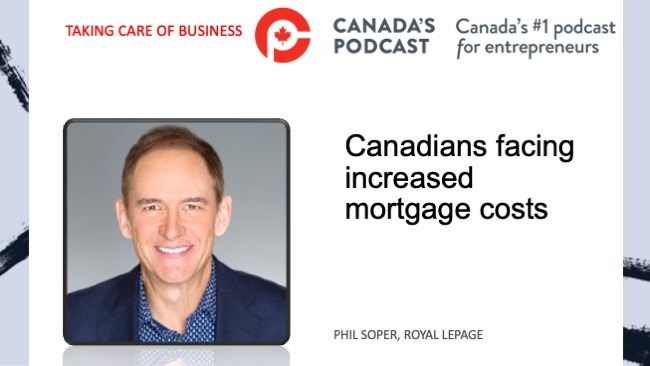Retail sales in Canada were down in September and experienced their first quarterly decline since the second quarter of 2020, reported Statistics Canada on Tuesday.
The federal agency said setail sales decreased 0.5 per cent to $61.1 billion in September. Sales declined in seven of the 11 subsectors, representing 74.9 per cent of retail trade. The decrease was led by sales at gasoline stations (-2.4 per cent) and food and beverage stores (-1.3 per cent).
Core retail sales—which exclude sales at gasoline stations and motor vehicle and parts dealers—decreased 0.4 per cent.

Anna Tarazevich
“Retail sales were down 1.0 per cent in the third quarter. This was the first quarterly decline since sales fell by 11.9 per cent in the second quarter of 2020. In volume terms, retail sales were down 1.4 per cent in the third quarter of 2022,” added StatsCan.
Given the continually evolving economic situation, Statistics Canada is providing an advance estimate of retail sales, which suggests that sales increased 1.5 per cent in October. Owing to its early nature, this figure will be revised. This unofficial estimate was calculated based on responses received from 46.4 per cent of companies surveyed. The average final response rate for the survey over the previous 12 months has been 90.4 per cent.”
On an unadjusted basis, retail e-commerce sales were down 0.1 per cent year over year to $3.4 billion in September, accounting for 5.3 per cent of total retail trade. The share of e-commerce sales out of total retail sales fell 0.4 percentage points compared with September 2021, it said.
Ksenia Bushmeneva, Economist with TD Economics, saidspending at retail stores looks to have eased notably in Q3 and the weakness is not just due to lower gasoline prices, as the volume of sales also fell in Q3.
“Another culprit for weaker sales could be the shift in spending toward services, and away from goods sold at retail stores. There’s limited data to gauge consumer spending trends on services, however, one such category, spending on dining out in bars and restaurants, is showing that spending had plateaued at the end of summer. Indeed, the most likely reason is that consumers are starting to tighten their purse string, under the weight of financial headwinds: high inflation, rapidly rising interest rates and shrinking wealth. Higher debt servicing costs are expected to hit household finances hard over the remainder of this year, and will remain a challenge next year as well, pointing to significantly weaker consumer spending in 2023.”
 (Mario Toneguzzi is a veteran of the media industry for more than 40 years and named in 2021 a Top Ten Business Journalist in the world and only Canadian)
(Mario Toneguzzi is a veteran of the media industry for more than 40 years and named in 2021 a Top Ten Business Journalist in the world and only Canadian)
About Us
Canada’s Podcast is the number one podcast in Canada for entrepreneurs and business owners. Established in 2016, the podcast network has interviewed over 600 Canadian entrepreneurs from coast-to-coast.
With hosts in each province, entrepreneurs have a local and national format to tell their stories, talk about their journey and provide inspiration for anyone starting their entrepreneurial journey and well- established founders.
The commitment to a grass roots approach has built a loyal audience with over 120,000 downloads and thousands of subscribers on all our social channels and YouTube. Canada’s Podcast is proud to provide a local, national and international presence for Canadian entrepreneurs to build their brand and tell their story.
Advertising and Sponsorships: At Canada’s Podcast we are here to help you reach your communication objectives and get you results. If you are looking to build your brand, promote your products/services, announce an event, then you will want to reach our extensive data base of owners and entrepreneurs.
Contact sales at: robert@canadaspodcast.com and find out how we can make an impact on your bottom line with our sponsorship packages. Sponsors include: RBC Bank, The Cooperators Insurance, Silicon Valley Bank, eBay, Lethbridge Economic Development, VanHack, CBC Dragon’s Den, The Competition Bureau, The Vancouver Board of Trade and more.





